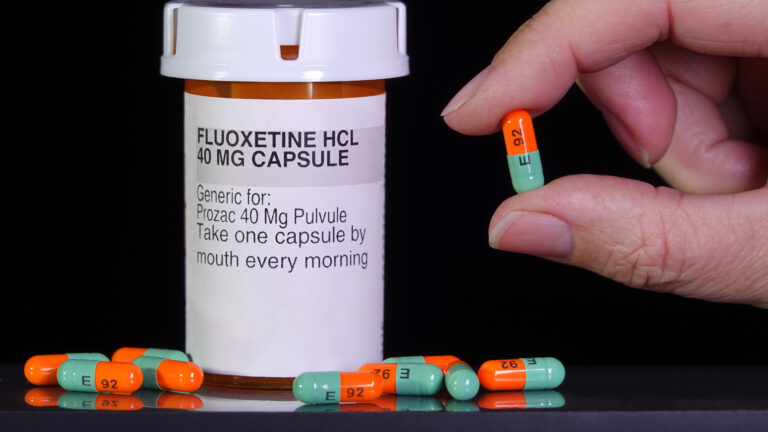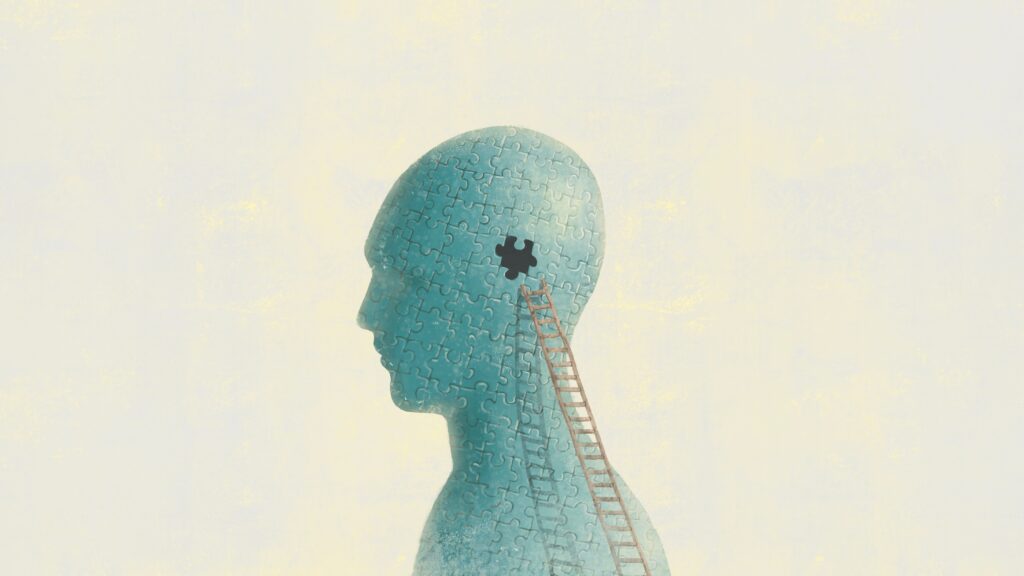Two or three days before an outpatient appointment, many health care organizations send out questionnaires. One such questionnaire is the PHQ-9, a nine-item depression screen in which patients report how often they have experienced symptoms of depression over the previous two weeks. The ninth item assesses whether or not patients have had “thoughts that [they] would be better off dead or of hurting [themselves] in some way.”
Some health care organizations have concerns about legal liability in cases where patients answer yes to the ninth item and then harm themselves before the organization is able to provide them with appropriate interventions. Because of this concern, some organizations — it’s impossible to say how many — send out questionnaires with only the first eight items, the PHQ-8, omitting the ninth item about suicidality. But omitting the last item is not only morally indefensible, it is also unsupported by any evidence and likely born out of stigma regarding mental illness.
Among the core duties of clinicians, perhaps the most fundamental is to promote the health and well-being of patients. The ethical tradition of deontology, or duty-based ethics, stems from the philosophy of Immanuel Kant and states that we have a duty to treat patients as ends in themselves, and never merely as a means to an end. In other words, a patient, as an autonomous person who should be valued for their own sake, possesses an inalienable dignity that requires us to act in certain ways toward them irrespective of potential outcomes.
The practice of omitting the ninth item on the PHQ-9 because of liability concerns disregards the patient’s humanity and flies in the face of the duty to always treat patients with their best interests in mind.
Since these health care organizations omit the last item of the PHQ-9 out of fear of repercussions, whether they conceive of it in these terms or not, they are employing a different ethical viewpoint: utilitarianism. Although such frameworks are often justifiable in public health settings — think of seat belt laws that seek to maximize the number of lives saved — choosing to omit the question about suicide on the PHQ-9 violates the dignity and humanity of the patient in question.

What antidepressants are saying 30 years after the publication of ‘Listening to Prozac’
Even if it were ethically justifiable to employ such a cold utilitarian calculus, there are actually no data to support doing so.
Kaiser Permanente Washington examined questionnaire completion rates before and after implementation of sophisticated asynchronous screening processes, including the full PHQ-9, as a result of a shift to virtual care during the Covid-19 pandemic and reported no instances of suicide. In another study from Stanford Health, no patients attempted or died by suicide in the few days between administration of the full questionnaire and the time of their appointment. They concluded that asynchronous administration of the scale increased effective screening, maintained patient safety, saved clinicians more time, and improved clinical responses from providers.
And it is not just these two studies that did not see any bad outcomes from administering the full PHQ-9 prior to medical appointments. We have not found any articles in the published literature that contain reports of negative liability outcomes from asynchronous screening.
So instead of worrying about legal liability if health care organizations ask the last question on the PHQ-9, perhaps the real liability lies in not assessing potential suicidality, because failure to treat an at-risk patient is the most common reason psychiatrists are sued.
Experts in malpractice law have long listed failure to assess suicide risk as a common reason clinicians are sued. This why they consistently emphasize the importance of thorough documentation. Two such experts, Skip Simpson and Michael Stacy, have put it quite bluntly: “nothing will stop a malpractice lawyer dead in his or her tracks quicker than a well-documented chart reflecting careful and thoughtful suicide assessments.” Bearing in mind these recommendations, it simply makes no sense not to ask the question.
So why not ask it? Sadly, we believe that stigma plays a role. After all, we have not heard of pre-visit cardiac screening questionnaires omitting items about chest pain, even though an affirmative answer about chest pain might portend far more lethality than one about having suicidal thoughts. This stigma can result in physicians (and their lawyers) viewing patients with mental illness as a constant danger to themselves — and worrying that they might unfairly blame health care organizations for their own self-harm.
Ultimately, practicing medicine entails that caregivers have a moral duty to their patients to promote their health and well-being. Turning a blind eye to potentially deadly symptoms, especially suicidal ideation, by not administering the full PHQ-9 is directly counter to this duty and morally wrong.
If you or someone you know may be considering suicide, contact the 988 Suicide & Crisis Lifeline: call or text 988 or chat 988lifeline.org. For TTY users: Use your preferred relay service or dial 711 then 988.
Kyle Fitzpatrick is a behavioral health care quality manager at Epic Systems. Geoffrey Engel, M.D., Ph.D., is a recent graduate of Harvard Medical School and a first-year psychiatry resident in the Department of Psychiatry and Behavioral Sciences at Stanford. J. Wesley Boyd, M.D., Ph.D. is a senior lecturer in the Department of Global Health and Social Medicine at Harvard Medical School.

